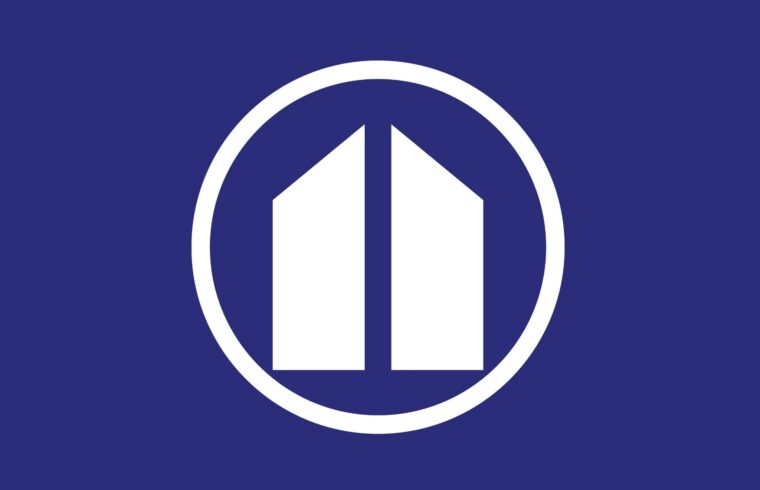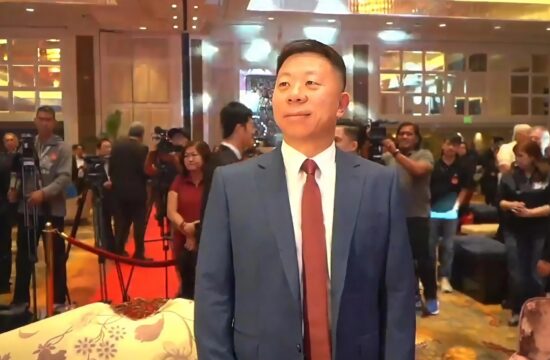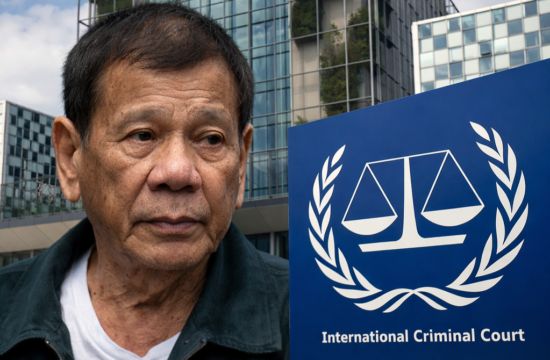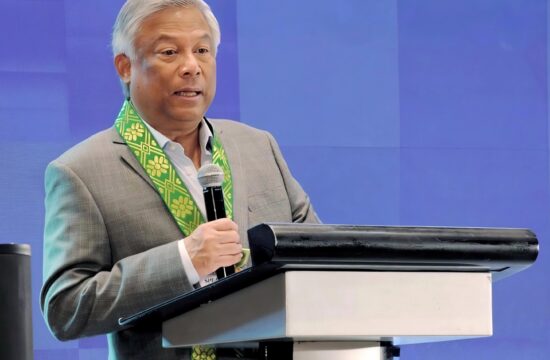The Philippine Chamber of Commerce and Industry (PCCI), the country’s largest business organization, is calling for stricter enforcement of rules in the country’s electricity spot market and greater billing transparency by power retailers.
The group warned that persistent payment defaults by some members of the Wholesale Electricity Spot Market (WESM) are distorting market operations and raising costs for businesses and consumers alike.
In a meeting with the Independent Electricity Market Operator of the Philippines (IEMOP), which manages WESM operations, PCCI flagged growing concerns over unpaid market obligations by certain participants. These defaults, it said, undermine the integrity of the market and expose compliant members to unnecessary financial risks.
“Defaults distort market signals and expose law-abiding market players to significant financial risk,” PCCI said. “Imposing the burden on compliant WESM members effectively penalizes those who fulfill their financial obligations while relieving delinquent members of their responsibility.”
The group stressed that unresolved financial obligations impact full settlement in the spot market and lead to cost pass-throughs that ultimately hit end users. “Ultimately, the costs resulting from defaults are passed on to consumers through higher electricity prices or market fees,” PCCI added.
The chamber urged IEMOP to exercise the full extent of its authority under the WESM Rules, which empower the operator to suspend and deregister defaulting market participants. PCCI cited provisions that allow IEMOP to issue default notices, enforce suspensions, and initiate deregistration processes when financial obligations remain unmet.
“IEMOP should implement a policy framework that ensures defaulters are held accountable and that compliant members are protected from bearing the cost of others’ failures,” it said.
The call for tougher enforcement comes as Philippine industries continue to grapple with rising electricity costs and heightened volatility in the energy sector. For businesses already navigating inflationary pressures and weak consumer sentiment, power market inefficiencies are an added burden.
In parallel, PCCI also pressed the Energy Regulatory Commission (ERC) to require Retail Electricity Suppliers (RES) to adopt more transparent billing systems—particularly for contestable customers under the expanded Retail Competition and Open Access (RCOA) framework.
The group proposed that electricity bills issued by RES clearly itemize WESM-related charges, including costs for energy transactions, line rentals, Feed-In Tariff (FIT) components, and Net Settlement Surplus (NSS) allocations. This, PCCI said, would enable businesses and large power users to better understand how their charges are computed and to make informed decisions.
“Contestable customers deserve clarity and fairness in their electricity billing,” PCCI said. “Transparent WESM-related charges will allow them to make informed decisions and promote greater competition in the energy sector.”
As the power market evolves, PCCI emphasized that a rules-based system backed by enforcement and transparency is essential to fostering investor confidence and efficiency in the sector.
“Fair enforcement of market rules and transparent billing practices are essential to building a more accountable and efficient power sector that benefits both suppliers and consumers,” PCCI stated.











